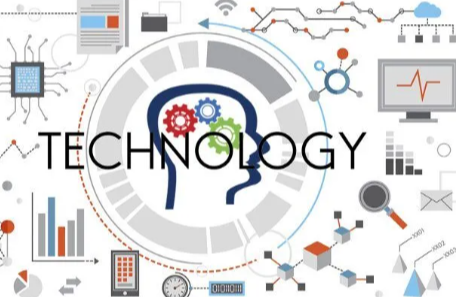Technology is reshaping the music industry in profound ways. Streaming services now account for over 60% of revenue, fundamentally altering how artists distribute and monetize their work. Social media enhances direct interactions between artists and fans, while advancements in production technology enable innovative sound creation. However, this digital transformation raises critical questions about fair compensation and copyright issues. What implications do these changes hold for the future of music and its creators?
The Rise of Streaming Services
How has the proliferation of streaming services reshaped the music landscape? The emergence of platforms like Spotify and Apple Music has significantly altered music consumption, driven by evolving streaming trends and diverse subscription models.
Data indicates that over 60% of music revenue now stems from streaming, a stark contrast to traditional sales. This shift has empowered listeners with unprecedented access to vast catalogs, fostering a culture of exploration and discovery.
Moreover, subscription models have democratized music access, allowing users to choose between ad-supported free versions or premium subscriptions that enhance their experience.
As artists adapt to this new paradigm, they are increasingly leveraging streaming analytics to inform their creative and promotional strategies, ultimately redefining their relationship with fans and the industry at large.
Read more: What Is Natural Language Processing?
The Impact of Social Media on Artist-Fan Relationships
The rise of streaming services has not only transformed music consumption but also significantly influenced the dynamics of artist-fan relationships.
Social platforms have emerged as essential tools for fan engagement, allowing artists to interact directly with their audiences. This interaction fosters a sense of community and loyalty among fans, as artists share personal insights, behind-the-scenes content, and real-time updates.
Furthermore, artist collaborations on these platforms often amplify reach, enabling a cross-pollination of fan bases and enhancing digital branding efforts.
Data shows that artists who actively engage on social media tend to experience increased streaming numbers and concert attendance, underscoring the importance of maintaining these relationships in an era where authenticity and connection drive success in the music industry.
Advances in Music Production Technology
As music production technology continues to evolve, it significantly enhances the creative process and broadens the possibilities for artists.
The rise of digital audio and sophisticated music software allows for unprecedented sound manipulation and engineering capabilities. Virtual instruments provide musicians with a vast array of sounds, enabling them to experiment beyond traditional limitations.
Furthermore, AI composition tools are revolutionizing songwriting, offering innovative ideas and arrangements that can inspire artists. Remote collaboration has become increasingly viable, allowing musicians and producers to work together across distances, fostering a more inclusive creative environment.
These advancements not only democratize music production but also empower artists to express their visions in ways previously unimaginable, ultimately reshaping the landscape of the music industry.
The Evolution of Music Distribution and Monetization
With the advent of digital platforms, the landscape of music distribution and monetization has undergone a profound transformation. Music consumption has shifted from physical copies to digital downloads and streaming services, providing unprecedented access and convenience.
According to recent statistics, streaming now accounts for over 80% of music industry revenue, reshaping artist compensation models. However, this evolution has introduced significant copyright challenges, complicating the protection of intellectual property in a borderless digital world.
Artists often struggle to secure fair compensation due to the fragmented nature of revenue distribution across platforms. As the industry moves forward, addressing these copyright issues will be crucial to ensuring that creators are fairly rewarded while preserving the freedom and accessibility that digital technologies offer to consumers.
Conclusion
In conclusion, the transformation of the music industry through technology is undeniable, with streaming services now accounting for over 60% of recorded music revenue. This shift not only broadens artists’ reach but also introduces complexities in fair compensation and copyright issues. As the landscape evolves, leveraging data analytics and innovative production tools will be crucial for artists navigating these changes. Ultimately, the interplay of technology and creativity will shape the future of music, redefining both artistry and audience engagement.



